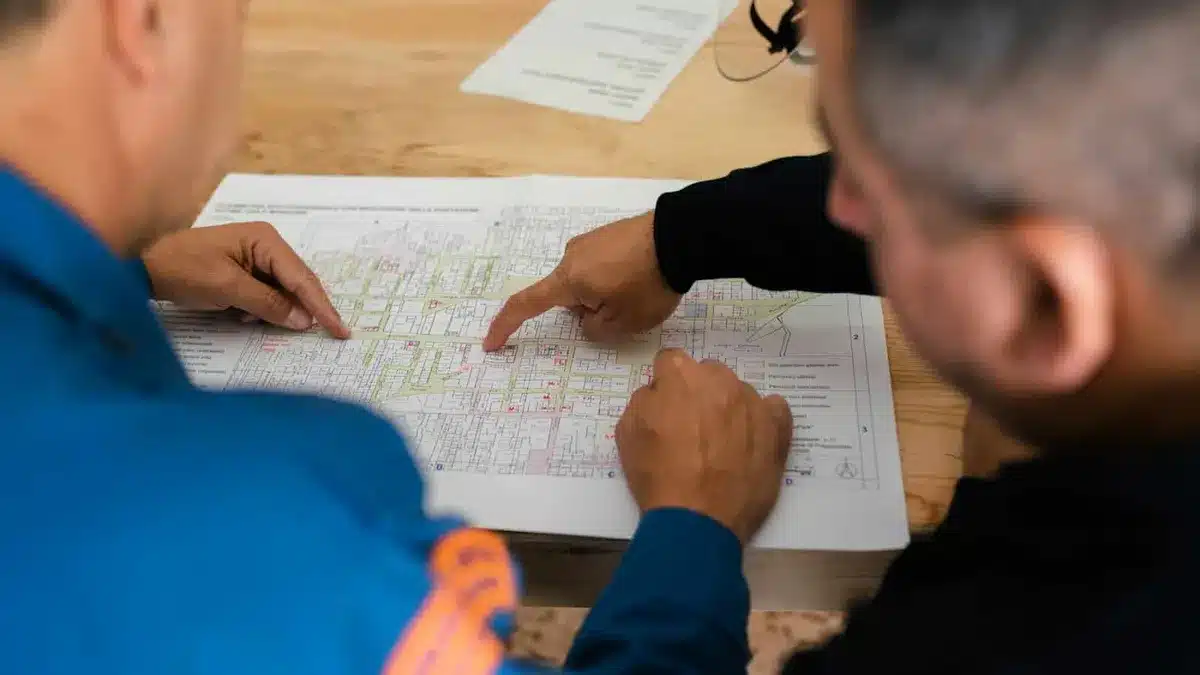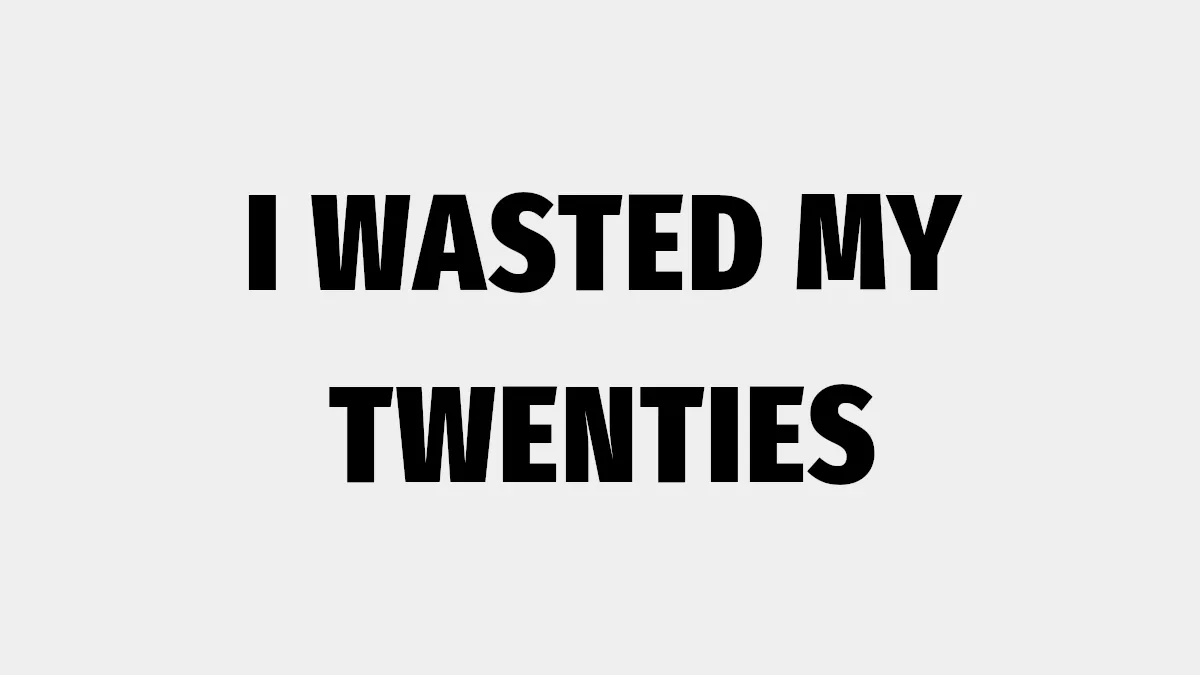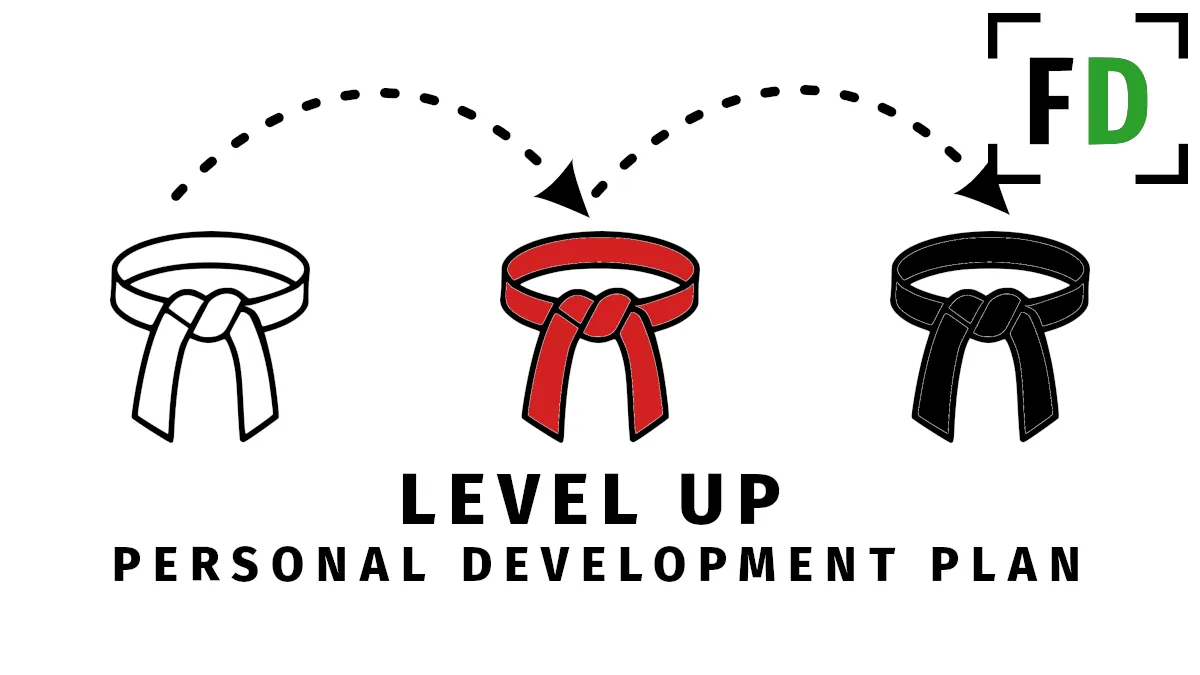I’ve lived in some of the biggest cities in the world, like Beijing and Tianjin. Life there is fast-paced and nonstop. Hunting for taxis and dealing with traffic, squeezing into elevators, meeting friends, ordering food, it’s all go-go-go with little room to breathe.
It taught me a lot, though.
Fifteen years ago, I was sitting in a McDonalds at rush hour, looking out at the thousands of bicycles streaming through heavy traffic at a busy Tianjin intersection. I felt glad to be behind the glass window with my cheeseburger. I felt slow and calm amid that intense chaos. Rather than fight my way through the chaos, I sat, waited, and read for two hours till rush hour was over. It was the first day of a new routine for me. I had learned to slow down.
I learned the value of slowing down and giving myself some mental space to think, reflect, and make purposeful decisions. Slow living is what life was meant to be, and anyone can incorporate it into their daily lives.
Why Live Slow and Do Less?
It turns out we’re not busier than ever, but we do feel like we are. Moments that used to be calm or silent, such as sitting on a train (or on the toilet) are now full of non-stop streams of information hitting our brains. Making us feel like we never get a moment’s break and adding to the ever increasing stress felt by most modern people.
Dragons are out there waiting for you; it takes time to fully face them. I know you want to solve your problems as quickly as possible, but you can’t. By rushing into solutions, you’re not facing your dragons but just taking a peek at them. Give yourself time to solve your problems and achieve your goals, and you won’t need to take them on again in the future.
- Make better decisions
- Solve your problems
- Achieve your goals
Say you’re trying to pack on some muscle. Sure, you could do dirty bulk for three months and wind up 40 lbs heavier, but you won’t even know how much muscle you’ve gained, and you’ve given yourself another dragon to face, dropping the fat. So you spend half the time fat, overweight, and unhealthy, then you cut calories and feel tired and miserable for months as you watch your gains disappear.
The alternative? Give yourself a year to bulk up slowly. You miss out on the immediate satisfaction, but you’ll feel great on a slight calorie surplus all year, you won’t get fat, and you’re making nothing but progress.
You get everything you want by going slow, and the setbacks won’t be so heartbreaking.
Living Simply Will Let You Go Slow
It’s impossible to slow down when you pack out your schedule every day. If you’re reading articles on self-improvement and facing dragons, you must be guilty of this. I get it.
No matter what you do, you will never get everything done. Everything you do takes time away from something else. If you spend three hours reading after work today, you won’t have time to go meet your friends. And if you do meet them, you won’t have time to read.
So if you can’t do everything (and you can’t,) make sure you spend your time on the right things.
That means:
- Knowing your core principals
- Curating a few essential areas of focus
- Keep a list of goals
- Planning out your tasks for the day
It doesn’t mean you can’t be spontaneous and blow everything off for a road trip with your friends. But how many spontaneous days does it take before you realize that you’re not where you want to be in life?
If you don’t know who you are and what you want (core principals), you don’t know whether to say “no” (areas of focus), you don’t know what you’re trying to achieve (goals), and you don’t know what to do (tasks), you’ll never feel the satisfaction you crave.
So block out some time this weekend and figure out those four points. They will pinpoint your priorities and show you everything that isn’t important.
Let me show you my schedule for the last week:
| M | T | W | T | F | S | S |
|---|---|---|---|---|---|---|
| Publish MA for MMA | Write AP | Write Expat Burnout | Write AP | Publish APs | Table Tennis | Church |
| Write Journal in Obsidian | Plan YouTube Video | Write Strategy for Life | ||||
I will still get other things done, but these are my priorities. Completing these tasks means I’m moving forward, and if I want to go on that road trip, I can.
Work on One Problem at a Time
You’ve got problems! We all have.
- You want to give up alcohol.
- You want to lose weight.
- You want to get better sleep.
- You want to improve a relationship.
- You want to focus on one aspect of your personality.
But trying to solve them all at once will leave you worse off.
Your problems are different from the things you want to achieve. They aren’t the accomplishments you want to build up and check off. They aren’t goals you want to achieve or your passions you’re excited to spend time doing.
Instead, they are the things you dread and push out of your consciousness whenever they pop into it. They are the things that go bump in the night, but if you don’t face them, they’ll devour you whole. They are dragons.
Quitting drinking alcohol, for example, is a different beast from anything that’s on your task list. You can’t set aside time on your calendar to ‘not drink.’ It’s something you don’t do, not something you do do. Trying to avoid or break a bad habit will suck energy out of you.
- It will reduce your focus.
- It will reduce your willpower.
- It will make everything seem harder.
So, work on one problem at a time.
In Willpower: The Human’s Greatest Strength, $$$ shows how your willpower, focus, and energy levels are all linked. They all use the same resource, which renews after a good sleep, like an energy bar in a video game. So when you’re tired, you’re more likely to be tempted – when do you do things you know you shouldn’t? In the morning or evening?
Or when you’re using your willpower all day to resist something, you’ll feel drained and unable to focus.
So, putting yourself in a calorie deficit to lose weight is tough on your motivation, willpower, and energy levels. You’re eating different foods and feeling tired and unsatisfied, which is why so many people don’t last long on a new diet.
So why would you think you could also quit watching late-night NetFlix or social media in that state?
Instead, focus on one problem at a time. Let yourself mindlessly scroll Instagram if it means you break your drinking habit. Or let yourself have a second slice of cake if it helps you deal with your anger issues.
After you have the first thing under control, you can work on the next.
Forget About Short Term Gains
The latest 30-day challenge might seem like a great way to make some progress on something quickly. But a “30-day keto challenge” or “learn a language in 30 days challenge” won’t make any real difference to your long-term goals. A month is a long time for a child, but it’s nothing for a man.
- You can’t write a great book in 30 days
- You can’t build a business in 30 days
- You can’t learn a language in 30 days
Despite what people on YouTube tell you. Jumping in head first for 30 days will leave you with a case of burnout! So:
After 30 days of eating clean, you head straight to the doughnut store.
After writing every day for 30 days, you feel sick just looking at your laptop and avoid even opening the folder containing your book.
After working on all the aspects of your business idea for 30 days straight, you take a week off and put yourself back at square one.
After spending 30 days learning vocab and grammar and trying to get your head around some weird sentence structures, you give yourself a break because you’re exhausted, and the idea of getting back into it makes you want to quit.
I know I’ve made all these mistakes.
When I started learning Tibetan, I went on a vocab-learning spree and burned out.
I haven’t looked at my book in three years, and it’s nearly finished.
Since then, I’ve learned that I can write 2000 words a day, but not on day one. I can learn new grammar and vocabulary daily, but only after building up some tolerance.
When I first started Face Dragons, I wrote 30 articles before I launched the site. I figured if I published one every other day, that would give me a two-month buffer to write more, and I’d always have a surplus. But after writing 30 articles, I was burned out, and those two months passed fast!
I quickly found myself with nothing in reserve, rushing to write another post. I told myself, “If I write an article every day for a month, I can get back into a surplus.” But I couldn’t do it.
Eventually, I understood my mistake. I needed to build my writing muscle.
So, I gave myself an achievable goal: 500 words a day. I knew I could do that, and it wouldn’t even be hard. And I did. For months, I wrote 500 words a day, producing more than when I was writing 2000 words a day, burning out and needing rest and recovery. Pretty soon, I found myself naturally writing more. I’d write 1000 or 1500 words without even noticing. Fast forward two years, and I can consistently write more than 2000 words a day. I’ve built up the stamina. It just took time.
Whatever you’re trying to achieve, think about how you could take a longer route to get there. Because the shortcut will take you through some rough terrain, and you may never get out.
Get an Instant Slow Living Hit for Some Stress-Reduction
If you got this far and are wondering what you can do right now to get some relief from your fast-paced, stressful life, take heart. Here are some slow-living tips that will work right away.
Prayer and Mindfulness Meditation
Religions include their own slow living techniques to help practitioners be mindful and cope with their daily lives – prayer and meditation.
Talking to a greater power is a great way to slow down, put things in perspective, and gain some inner peace. Or, if you’d rather give meditation a try, simply sitting still and focusing on the present moment will help slow you down.
Deep Breathing
There’s a good reason that psychologists and anger management consultants often advise their patients to take ten deep breaths when they feel emotional or angry – breathing helps you slow down.
Of course, we breathe all the time, but according to the University of Toledo, deep breathing does much more. “Deep breathing and relaxation activate the other part of your nervous system, the parasympathetic nervous system, which sends a signal to your brain to tell the anxious part that you’re safe and don’t need to use the fight, flight, or freeze response.”
It’s a tool you can use anytime to slow things down instantly.
Exercise
Yoga, Tai Chi, and other forms of exercise designed to slow you down are useful tools, too.
When you need clarity and stillness, it pays to know a short Tai Chi form that you can perform with a little space in your yard or somewhere else private. Of course, you need to learn the form before you can reap the benefits, but with a little practice, you’ll be better prepared next time chaos comes knocking.
Brain Dump
One of the most common causes of stress in the modern world is the number of tasks, projects and responsibilities you have going on. We talked above about how to simplify your life, but it can get hectic even with just kids, family, work, and social life.
Take a few minutes out of your day to take a brain dump – an exercise where you get everything out of your head and onto a piece of paper. You’ll be surprised how much simpler things seem when you can hold them all on one piece of paper.
Looking at your brain dump, you’ll be able to be much more objective about what you need to get done and what can wait without feeling overwhelmed.






